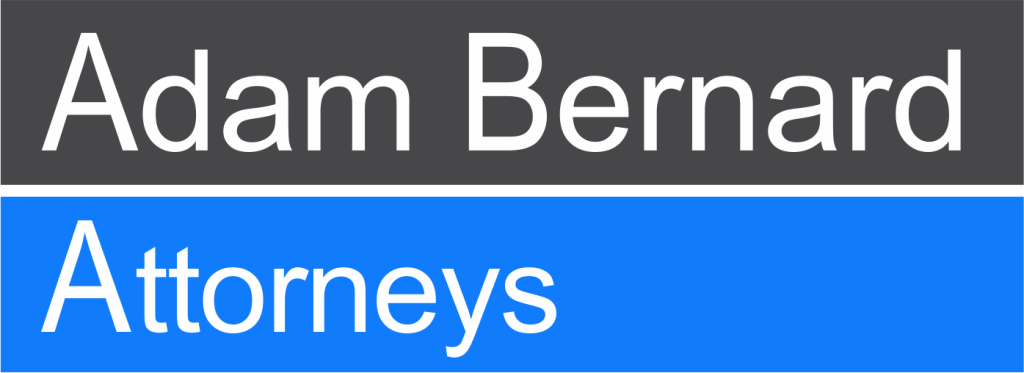

The H1B visa is a non-immigrant US visa available for professionals from around the world. These visas are available for work on jobs that qualify as specialty roles or specialty occupations under the visa rules of the USA. Nearly all H1B visas are awarded for specialty jobs in engineering, finance, science, and IT.
The number of H1B visas offered annually is capped at 85,000. Even this figure is divided up into two categories.
One category is for the regular applicants. The other is for individuals who have a higher qualification from U.S.-based colleges or universities. A total of 65,000 visas are available every year for the first category. The total visas for the second category are capped at 20,000 per year.


What is an H1B Specialty Occupation?
It is important to understand exactly what constitutes a specialty occupation for the H1B visa. For any job to qualify as a specialty occupation, it must meet the following requirements:
Here is a list of some specialty occupations that typically qualify for H1B visa:
– Accountants
– Architects
– Dentists
– Doctors
– Editors
– Financial analysts
– Foreign Law advisers
– Health-care workers
– IT and computer professionals
– Journalists
– Lawyers
– Management consultants
– Market research analysts
– Nurses
– Physicians
– Psychologists
– Surgeons
– System analysts
– Teachers
– Technical publications writers
– University professors
This is not an exhaustive list. This means that any other specialty role might qualify as long as it meets the requirements noted above.
What is a Labor Condition Application (LCA) for H1B Visa?
A part of the H1B visa process is to file a Labor Condition Application (LCA). The employer seeking to hire a professional on an H1B visa must file this application with the Department of Labor (DOL). LCA is filed by submitting Form ETA-9035 to the DOL. This application is meant to ensure that both the employer and the employee(s) adhere to the H1B visa requirements.
When filing the LCA, the employer must make sure that the form is submitted no more than 6 months before the expected commencement of the job.
What Are the H1B Visa Requirements?
To be eligible for an H1B visa, you must meet a broad set of requirements. Here is a look a these:
The Visa Lottery for H1B Visa
The total number of H1B visas awarded each year is capped at 85,000. The United States Citizenship and Immigration Services (USCIS) conducts a randomized lottery to pick the individuals who are awarded an H1B visa every year.
The pre-registration period for the lottery begins in March and comes to an end by the end of the month. By the end of March, a computer-generated lottery is used to randomly select the 85,000 applicants who are selected for the H1B visa.
If you are selected in the lottery, your employer has 90 days from April 1 to file a Form I-129 petition. The employer must also be willing to pay a DOL-approved wage for the particular position for which they are hiring. At the same time, the employer must be willing to wait until October 1 before the H1B visa applicant can start work.
H1B Visa Application Process
The visa application process for an H1B visa may seem daunting. It is somewhat complex, given that both the employer and the applicant must take care of several things and meet stringent requirements. It is best if you consult an experienced immigration law firm when applying for the visa.
Here is a quick look at how the visa application process works:
Can My Family Come with Me on an H1B Visa?
Your spouse and unmarried children under the age of 21 can come with you to the U.S. if you have an eligible H1B visa. However, you will need to file a separate visa application for each eligible family member seeking to accompany you. Specifically, you must file for the H4 non-immigrant status for the accompanying family members.
The family members can accompany you at the time you first arrive in the U.S. with your H1B visa. Alternatively, they can join you at a later date. In either case, they may do so only after their H4 visa application is approved.
What is the Duration of H1B Visa?
An H1B visa allows you to stay in the U.S. for 3 years. You can apply for an extension so long as the total period you reside in the U.S. on an H1B visa does not exceed 6 years.
Your stay might be cut short if the employer you are working for decides to terminate you. When this is the case, the employer is legally required to pay your return transportation costs. However, you must bear these costs if you choose to resign.
Your accompanying family members are eligible to stay with you in the U.S. for the full duration of your H1B visa.
What are the H1B Visa Application Fees?
Most of the fees involved with the H1B visa application are borne by the employer. However, you may bear some fees as the employee and visa application, such as the visa fee when applying with your local U.S. consulate or embassy.
Here is a look at the fees involved in the process:
Fee Type | Amount | Payee |
H1B Registration Fee | $10, due to increase to $215 | Employer |
I-129 Form Filing Fee | $780 standard, $460 for non-profits and smaller organizations | Employer |
Public Law 114-113 Fee | $4,500 | Employer |
Consular Processing Fee (Form DS-160) | $185 | Employee |
Anti-Fraud Fee | $500 | Employer |
ACWIA Fee | $750, or $1000 | Employer |
Optional Premium Processing Fee | $2,805 | Employer |
The Consular Processing Fee is the fee you must pay when filing for a visa with your local U.S. consulate or embassy as an eligible employee. In most cases, the employee is required to pay this fee. However, an employer may choose to bear this fee as well in some cases.
Premium Processing Service is an optional service you can use to speed up the processing of your visa application. The key benefit here is that you will get a decision from USCIS on your visa petition within 15 days. You must pay an additional $2805 to utilize this service.
Premium Processing Service is an optional service you can use to speed up the processing of your visa application. The key benefit here is that you will get a decision from USCIS on your visa petition within 15 days. You must pay an additional $1,500 to utilize this service.
How to Apply for a Green Card on an H1B Visa?
Once you become an H1B visa holder, you are eligible to apply for a green card. A green card allows you to become a permanent resident of the U.S.
There are several ways you can apply for a green card on H1B status. The most common is to file a petition through your sponsoring employer and seek to transition to one of the following visa categories:
– EB1 Visa
– EB2 Visa
– EB3 Visa
Each of these is a green card category so if you are eligible under either of these categories, you receive a green card. Your employer must sponsor your application and file a petition on your behalf for either of these visa categories.
In rare cases, you may be entitled to nominate yourself for an EB-1 visa. This is known as the Extraordinary Ability subcategory and you must meet specific requirements to be eligible for this.
If your family members have traveled to the U.S. during the validity of your H1B visa and you later get a green card, they can seek a work permit to continue their stay in the U.S. The most common path in such cases is to file an Application for Employment Authorization by submitting a Form I-765.
Why Choose Our Immigration Law Firm?
Our immigration attorneys have experience in helping employees seek H1B visas to undertake specialty roles in the U.S. With the right legal help from our immigration law firm, you can expedite the entire process, make sure you meet all the requirements and have expert legal assistance on hand to help you deal with any obstacles that might arise.